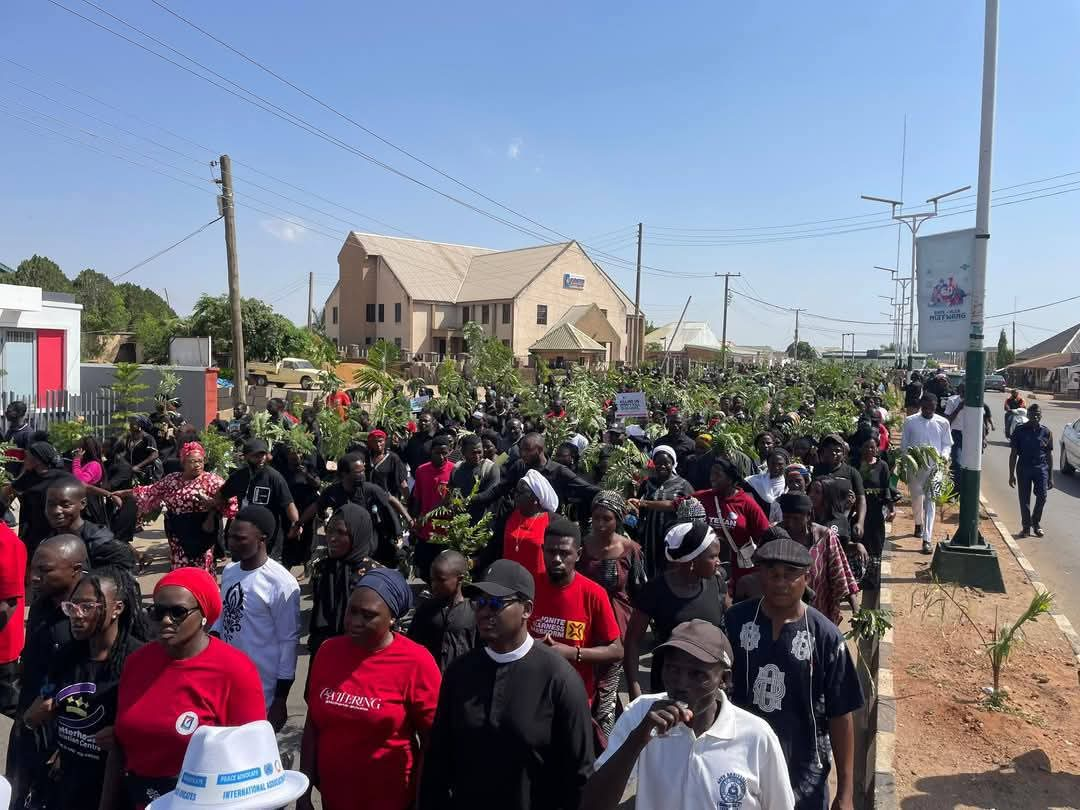Ghana's Bond Market Buzzes with Activity as Investors Navigate Fiscal Reforms | News Ghana
The latest data reveals a mix of optimism and caution, reflecting broader uncertainties around inflation and fiscal policy adjustments.
Newly issued government bonds dominated the spotlight, with the 8.35% note maturing in February 2027 drawing the largest volume at 19 million cedis traded, closing at a yield of 25%. Longer-term bonds, such as the 9.25% 2033 issuance, also saw brisk activity, suggesting institutional investors are hedging against potential rate hikes. Meanwhile, shorter-term treasury bills painted a fragmented picture: 91-day bills maturing in August 2025 surged with 166.9 million cedis traded, while some 182-day notes stumbled, dipping to a closing price of 98.54 cedis amid lukewarm demand.
Corporate bonds, often a barometer of private sector confidence, showed pockets of vigor. A 13% bond from CMB set to mature in 2026 moved 40 million cedis, though longer-dated corporate papers like LGH’s 2029 offering languished with no trades. The muted activity here hints at lingering risk aversion, particularly for debt stretching beyond five years.
Behind the scenes, secured lending via collateralized repos surged to 816 million cedis across 13 transactions, underscoring a scramble for short-term liquidity among financial institutions. Simultaneously, sell/buy-back deals focused heavily on mid-term government bonds, signaling tactical moves by traders to balance portfolios without long-term commitments.
Market watchers link the flurry to anticipation of the central bank’s next steps. With inflation hovering near 22% and the cedi stabilizing after last year’s turbulence, investors appear to be positioning for potential yield shifts. “The tightening spreads on new bonds suggest guarded optimism,” noted a trader at a leading Accra brokerage, speaking anonymously. “But everyone’s eyeing the fiscal fine print—another misstep could unravel gains.”
The mixed signals extend to treasury auctions, where demand for 364-day bills remained steady, likely fueled by risk-averse players seeking safer havens. Yet the uneven appetite for shorter tenors reveals deeper jitters about near-term liquidity and policy coherence.
As Ghana’s economic team walks a tightrope between IMF-backed austerity and growth incentives, the bond market’s vibrancy offers both hope and caution. For now, traders are betting on stability—but with one eye firmly on the exit.
Follow on Google News











